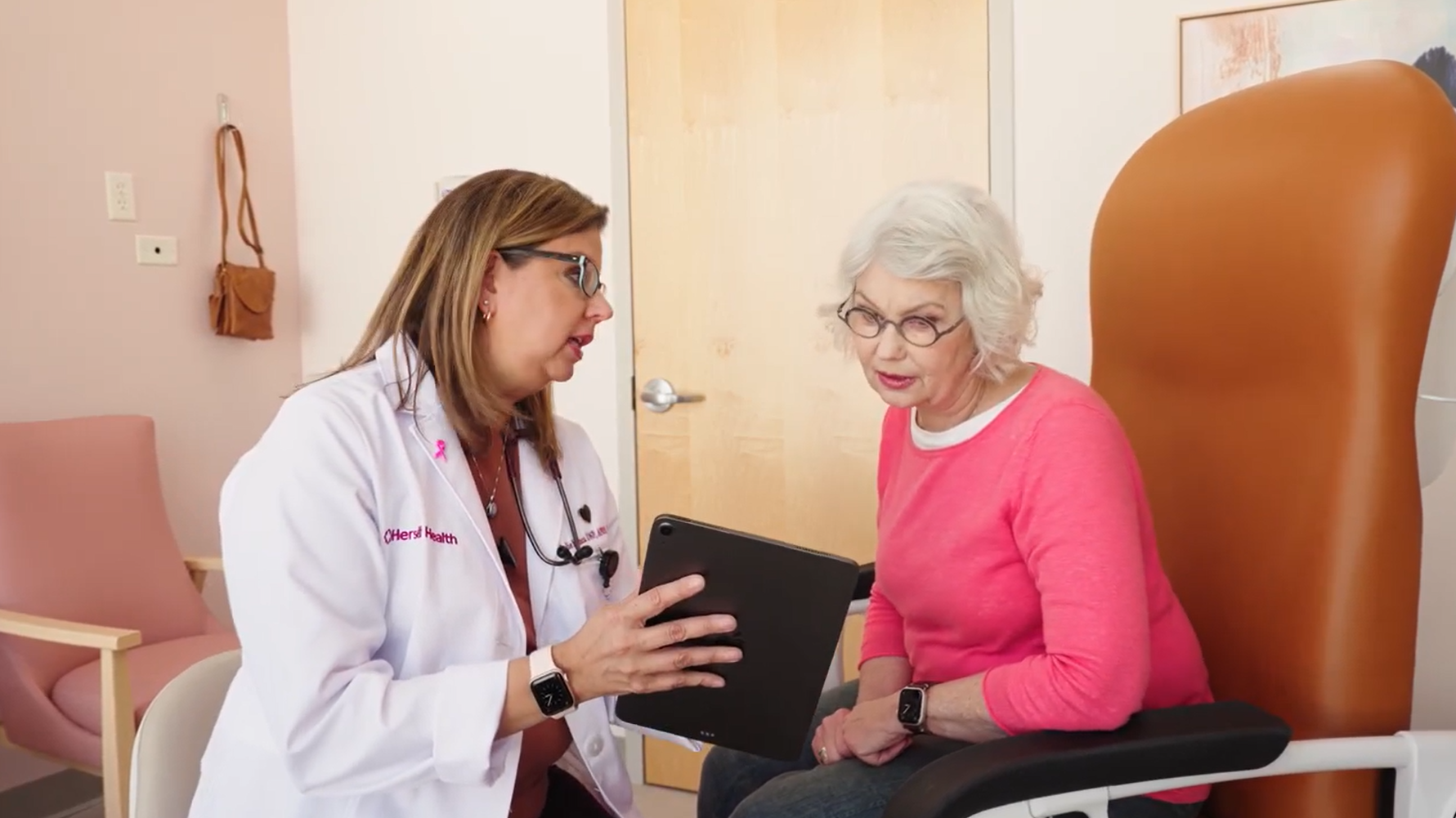
You’ve probably heard that it’s important to see your provider once a year for a check-up, but do you know why? These visits are part of something called preventive care. Preventive care means doing things now to stay healthy later. It includes screenings like mammograms, bone scans (DEXA), and colonoscopies, along with discussing vaccines and healthy habits.
Staying on top of preventive care helps you and your provider catch problems early, when they’re easier to treat. But the benefits go beyond just avoiding illness. In fact, preventive care can help women over 60 live longer, stay independent, and feel better every day. That’s why staying on top of preventive care is so important.

